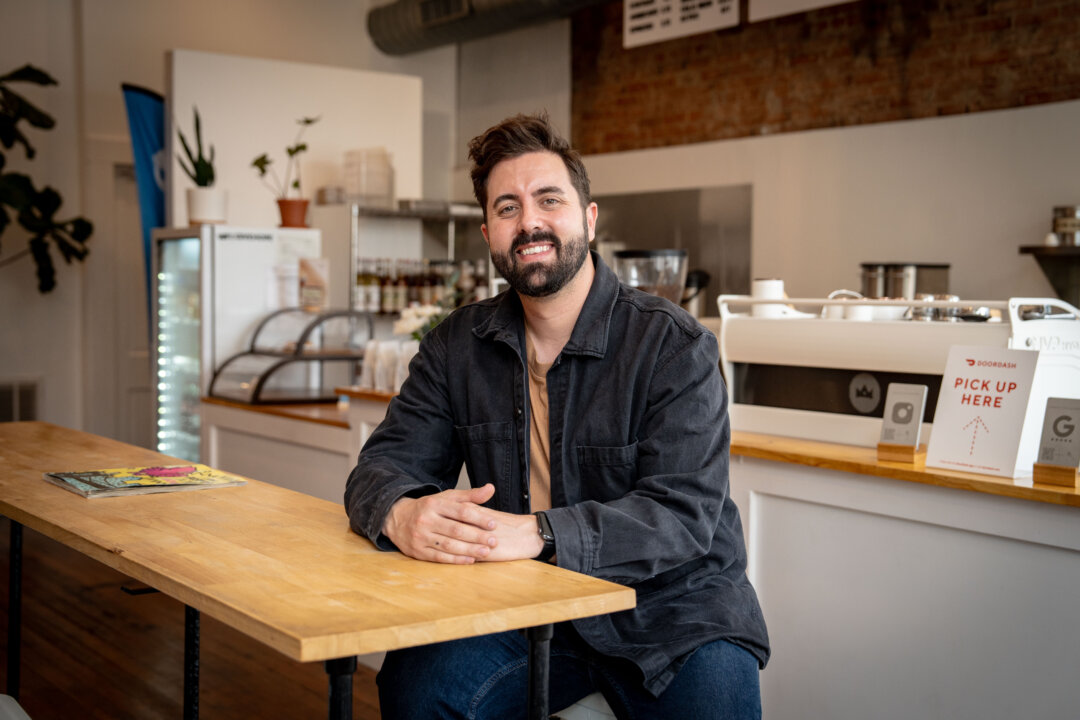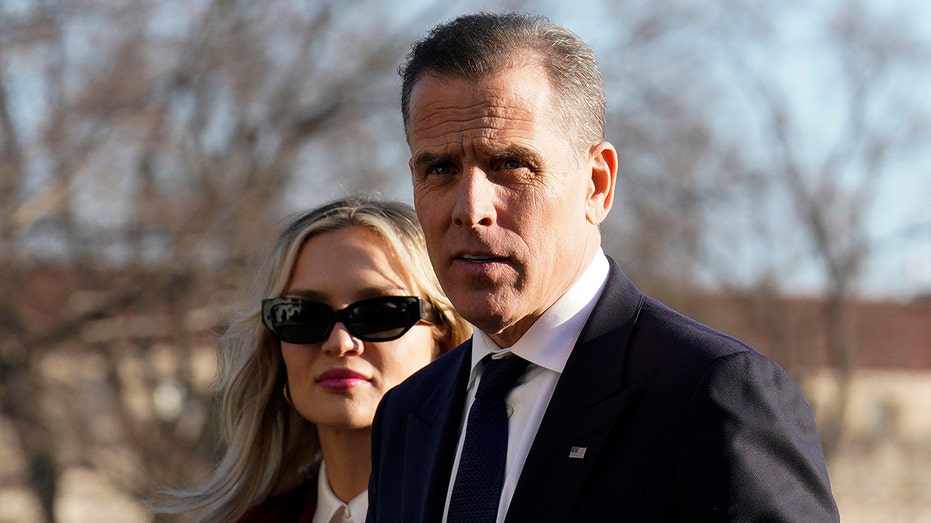By Gene NicholI’m still flummoxed by the North Carolina Supreme Court ruling, two weeks ago, in the Jefferson Griffin case. I’ve been studying appellate decisions for 50 years. I’ve never seen such overt and unembarrassed lawlessness.
The Republican majority determination didn’t even try to explain the bold contradictions of its dishonesty. No attempt, or even façade, of lawyering was proffered. The usurping judges sounded more like Lewis Carroll’s Queen of Hearts than interpreters of the constitution.

One hopes the 4th Circuit rides to the rescue.Ironically, for such a blatantly political ruling, Paul Newby, Phillip Berger Jr., Tamara Barringer and Trey Allen have opened themselves broadly to their own defeat at the polls.
Even a modestly articulate and funded Democratic challenger should be able to lay waste to them on the embrace of Griffin alone. And the courageous dissenting stance of Justice Richard Dietze, I fear, will likely show that no room remains in the Republican Party for such demonstrably ethical behavior.Another ethical lapse has, by now, become difficult to ignore — the cold and cowardly silence of the organized bar, the North Carolina Bar Association and the (regulatory) North Carolina State Bar.
There has been much talk on my home campus of the absence of Lee Roberts and Peter Hans from the massive “Call for Constructive Engagement” petition signed by “the leaders of America’s colleges and universities” — objecting to the “political interference now endangering higher education.” But our chancellor and president were selected as political supplicants, not as independent academic leaders. No one expects they will bite the Republican hand that feeds them.
The legal profession is supposed to be different.Eighteen months ago, Ned Barnett wrote an important piece noting that “North Carolina courts have become politicized at the behest of the Republican controlled legislature with the cooperation of Republican judges and justices.” What was “striking” to Barnett was “the legal community’s lack of protest.
” The “North Carolina Bar Association, law school deans” and leaders of prominent law firms — the organized bar, he concluded, “have been largely silent.” In the intervening year and a half, things have markedly worsened, including now, the brazen and unlawful attempt to steal a supreme court election. Still, mum’s the word.
Mr. Barnett objected that “lawyers take an oath to defend the state and federal constitutions.” And that wasn’t happening.
But there’s more. The Preamble to the ABA Model Rules of Professional Conduct outlines lawyer’s obligations as “public citizens.” Such responsibilities arise because “legal institutions in a constitutional democracy depend on popular participation and support to maintain their authority.
” Conservative jurist Michael Luttig, co-chair of the ABA Task Force for American Democracy, has argued, more pointedly, that “American democracy and the Rule of Law are in peril and lawyers are “uniquely responsible and uniquely obligated to stand up” for them.Barnett conceded that silence from the legal community is “understandable.” Lawyers are “loath to get on the wrong side of judges and deans worry their objections could lead to budget cuts.
” And well they could.But history can also be telling. It’s hard to resist comparing the N.
C. Bar Association’s passionate statements in 1954 and 1955 condemning the U.S.
Supreme Court’s ruling in Brown v. Board of Education. John Hall, president of the N.
C. Bar, boasted in his inaugural address that “our state will never abandon segregation; the mixing of the races cannot be accomplished.” Vice-President Horace Stacey demanded that Tar Heels “protect their racial integrity and maintain their separate schools.
” Their speeches were published on the front pages of the state’s bar journal and distributed across Carolina.North Carolina lawyers have been moved, in the past, to speak up to wound constitutional democracy. Maybe now they could speak out to support it.
Gene Nichol is a professor of law teaching courses in the constitution and federal courts at the University of North Carolina School of Law. The post Gene Nichol: North Carolina Lawyers appeared first on Salisbury Post..
Politics

Gene Nichol: North Carolina Lawyers

By Gene Nichol I’m still flummoxed by the North Carolina Supreme Court ruling, two weeks ago, in the Jefferson Griffin case. I’ve been studying appellate decisions for 50 years. I’ve never seen such overt and unembarrassed lawlessness. The Republican majority determination didn’t even try to explain the bold contradictions of its dishonesty. No attempt, or [...]The post Gene Nichol: North Carolina Lawyers appeared first on Salisbury Post.















